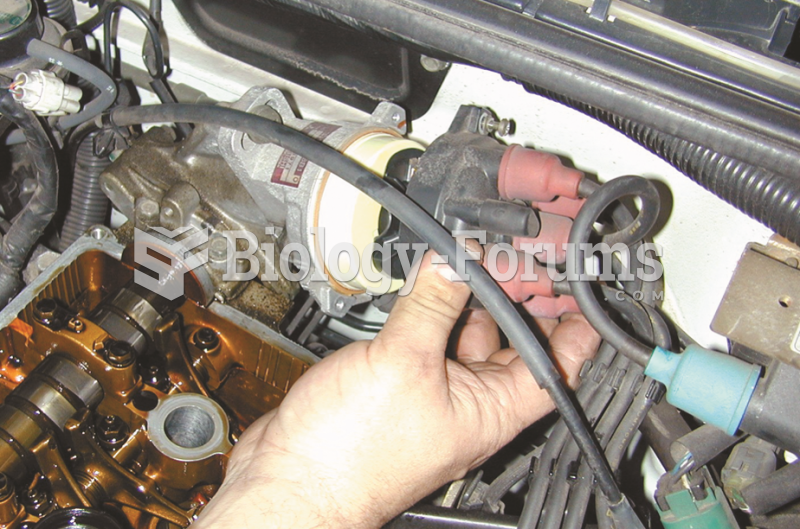This topic contains a solution. Click here to go to the answer
|
|
|
Did you know?
Recent studies have shown that the number of medication errors increases in relation to the number of orders that are verified per pharmacist, per work shift.
Did you know?
People about to have surgery must tell their health care providers about all supplements they take.
Did you know?
Increased intake of vitamin D has been shown to reduce fractures up to 25% in older people.
Did you know?
Adolescents often feel clumsy during puberty because during this time of development, their hands and feet grow faster than their arms and legs do. The body is therefore out of proportion. One out of five adolescents actually experiences growing pains during this period.
Did you know?
The longest a person has survived after a heart transplant is 24 years.
 a) Using a soft pillow rather than a hard bolster under the knees will reduce pressure on the back ...
a) Using a soft pillow rather than a hard bolster under the knees will reduce pressure on the back ...
 A CO2 fire extinguisher being used on a fire set in an open drum during a demonstration at a fire ...
A CO2 fire extinguisher being used on a fire set in an open drum during a demonstration at a fire ...





